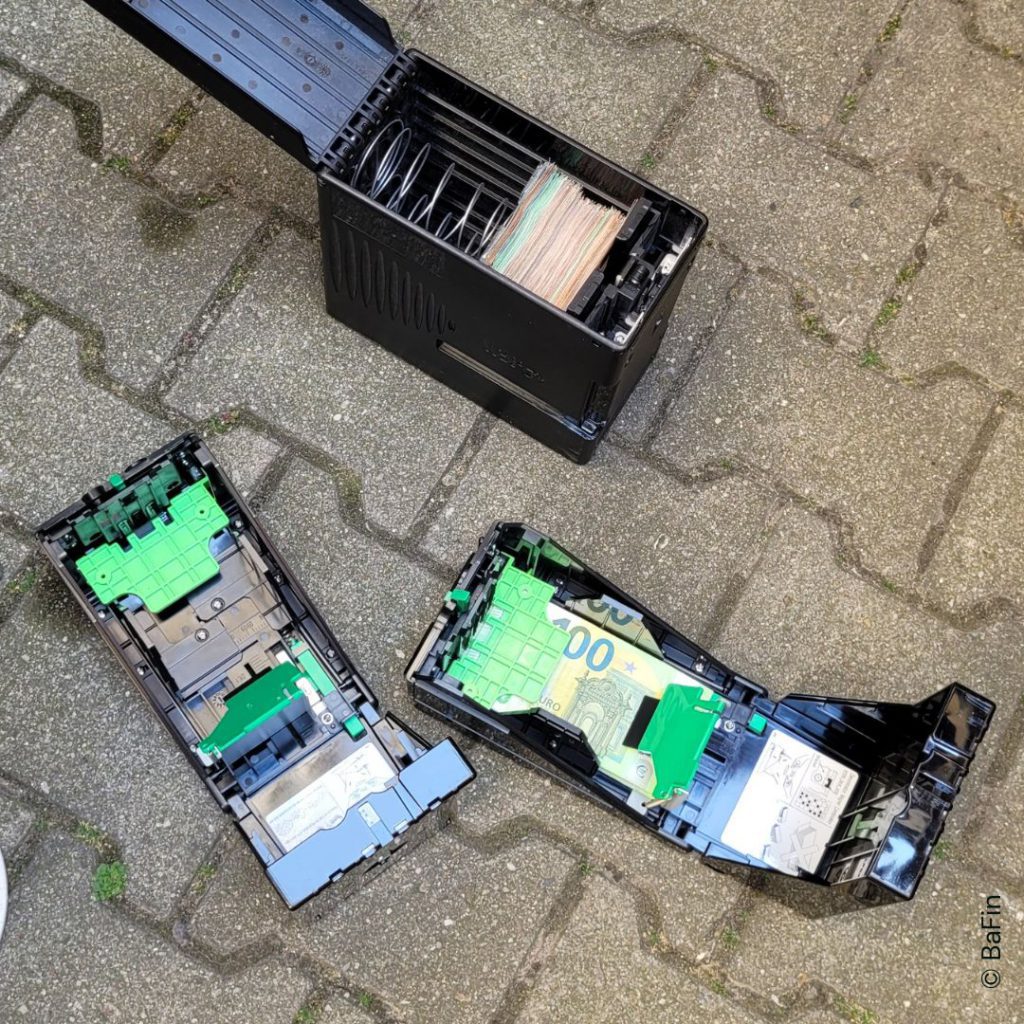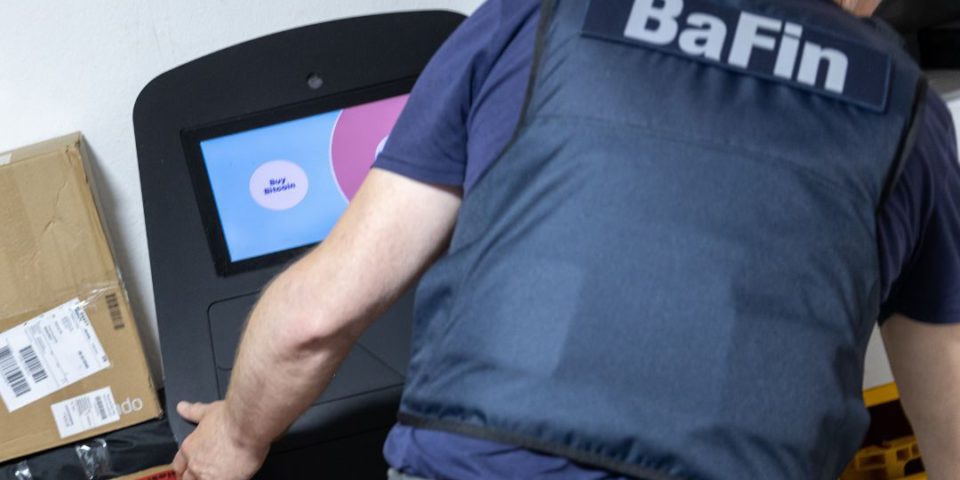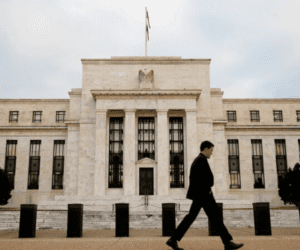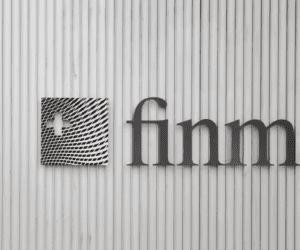By AML Intelligence Correspondent
GERMAN authorities today (Tuesday) carried out a major AML operation, seizing 13 crypto ATMs where Bitcoin and other crypto assets were traded.
Financial services watchdog Bafin, backed up by police and Bundesbank officiails also seized almost €250,000 cash. The raids were carried out at 35 locations across Germany.
The seized devices were operated without the required permission from BaFin and posed money laundering risks, the agency said. The ATM owners face prosecution and up to five years in prison.
BaFin said in a statement that the operation was supported by “police and the Deutsche Bundesbank and in coordination with the Federal Criminal Police Office (BKA).”
“Changing euros into cryptocurrencies and vice versa is a matter of commercial
proprietary trading or a banking transaction and therefore requires the express permission of BaFin according to the law (Section 32 of the Banking Act),” the watchdog said.
“The authorisation requirement protects both the integrity of the financial system and consumers. Trading in crypto assets involves considerable risks, up to and including total loss,” it added.
Some exchange machines also attract users with criminal intentions. Anyone who has high cash amounts of more than 10,000 euros, the identity of the
of the customer (“Know your customer” procedure, KYC).
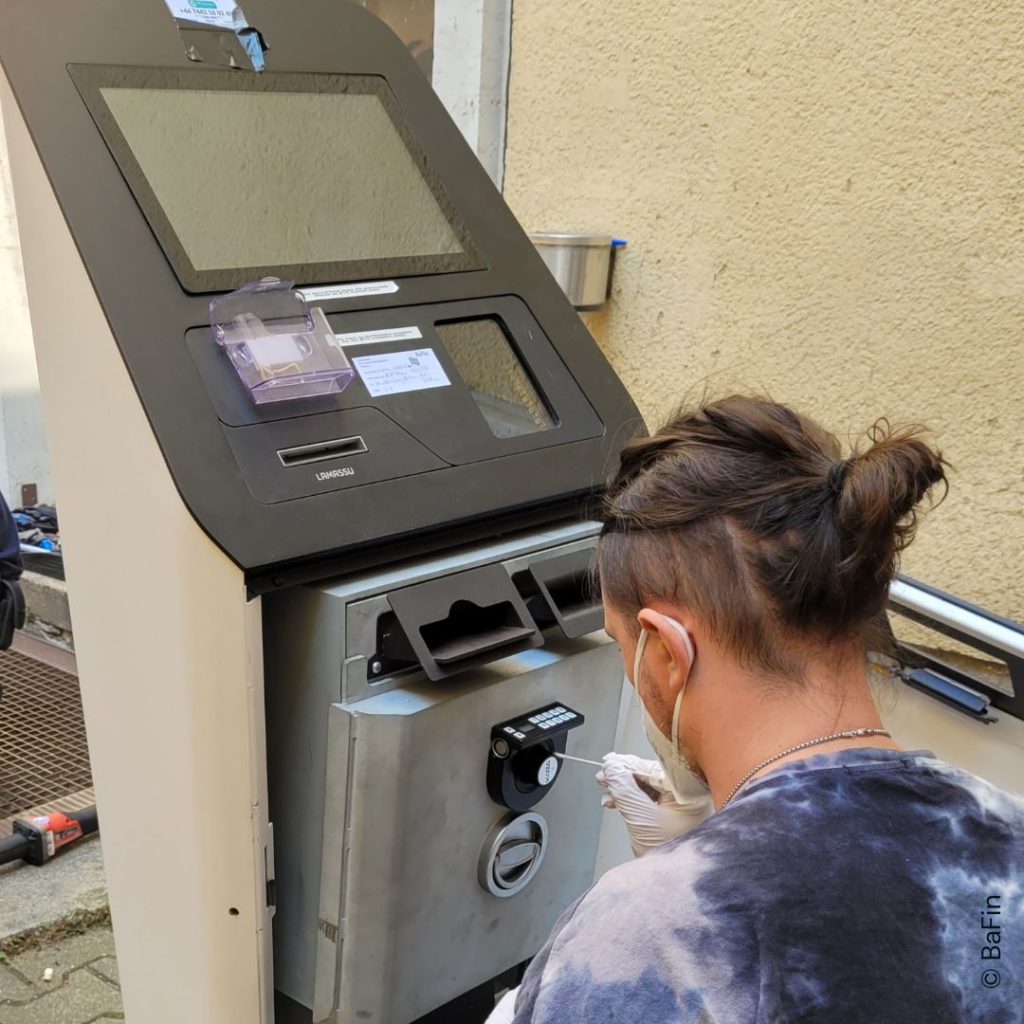
In general, if indications of the illegal origin of the money or the connection to terrorist financing are established, this must be reported to the Central Office for Financial Transaction Investigations (FIU).
Exchange machines where these due diligence obligations are not complied with are suitable for money laundering due to their anonymity.
“BaFin acts in the public interest. Their main goal is to create a functional, stable
and integrity of the German financial system. customers of banks, insurers and investment service providers should be able to trust the financial system,” the watchdog added.
The Financial System Integrity (IF) Division of the Resolution and Money Laundering Prevention Division is responsible for reviewing the authorisation requirement and prosecuting unauthorised transactions responsible. It works closely with BaFin’s Money Laundering Prevention Department.
